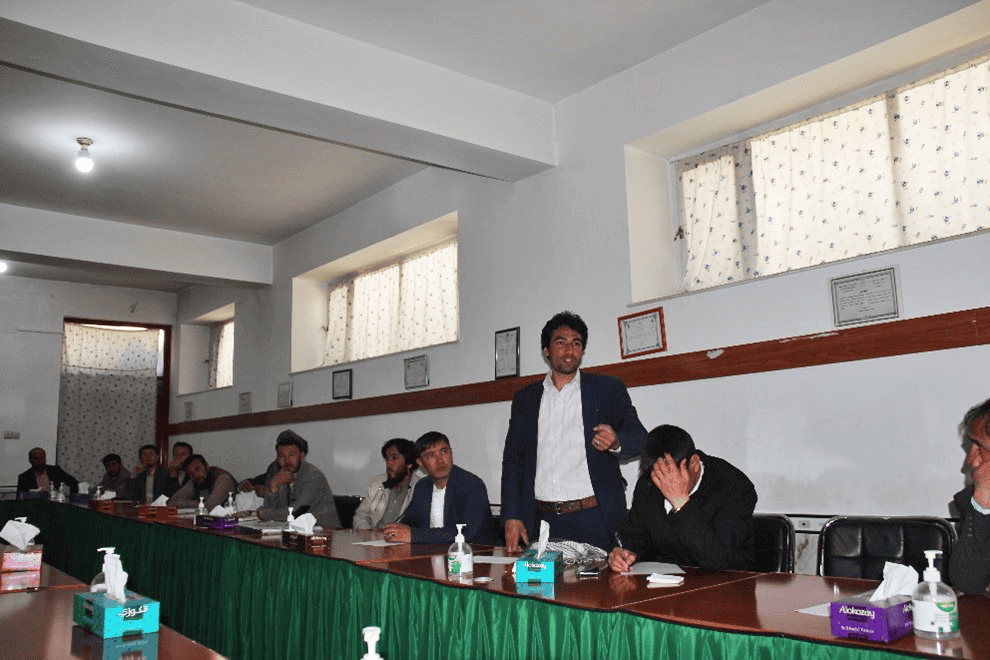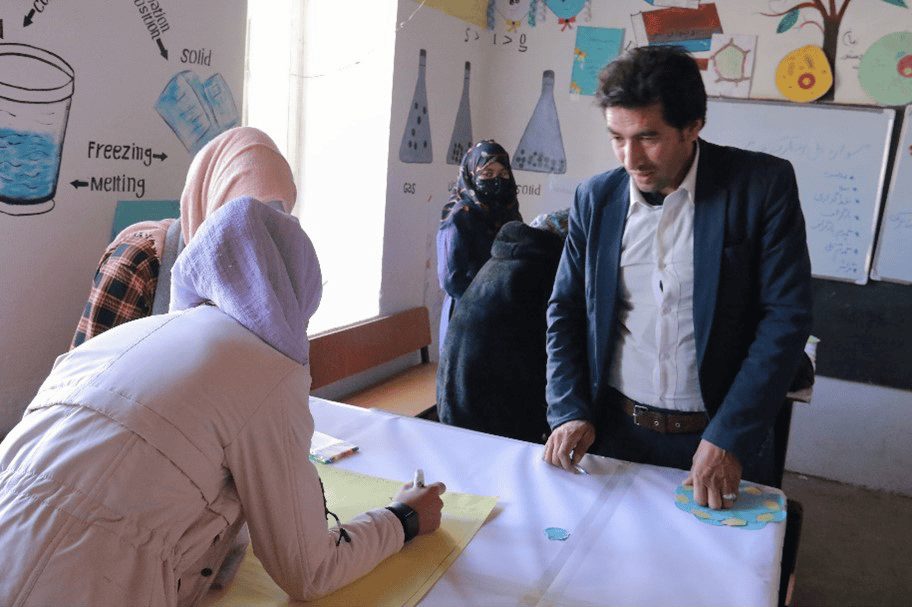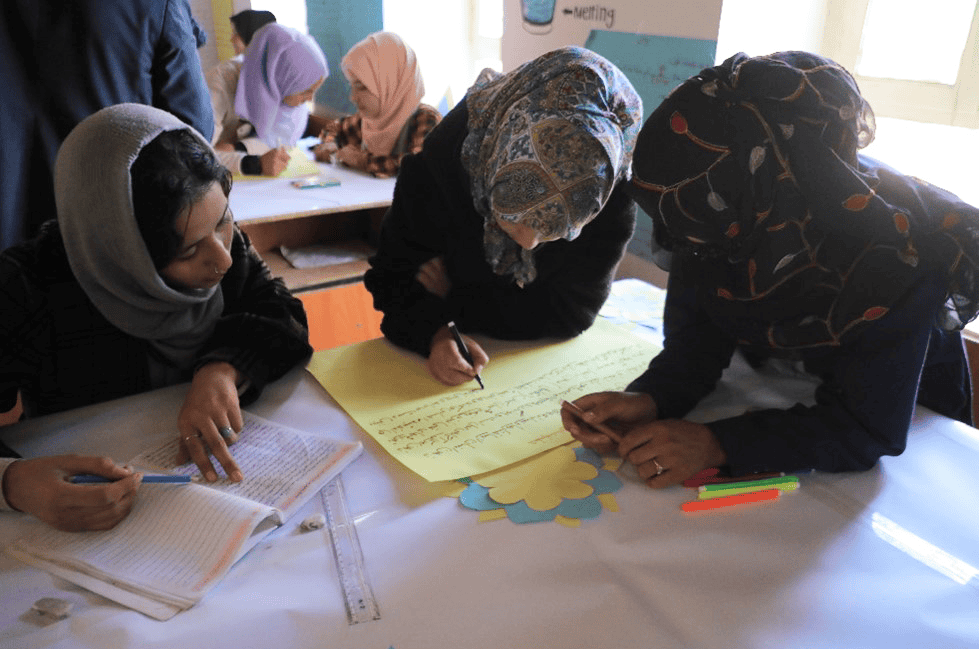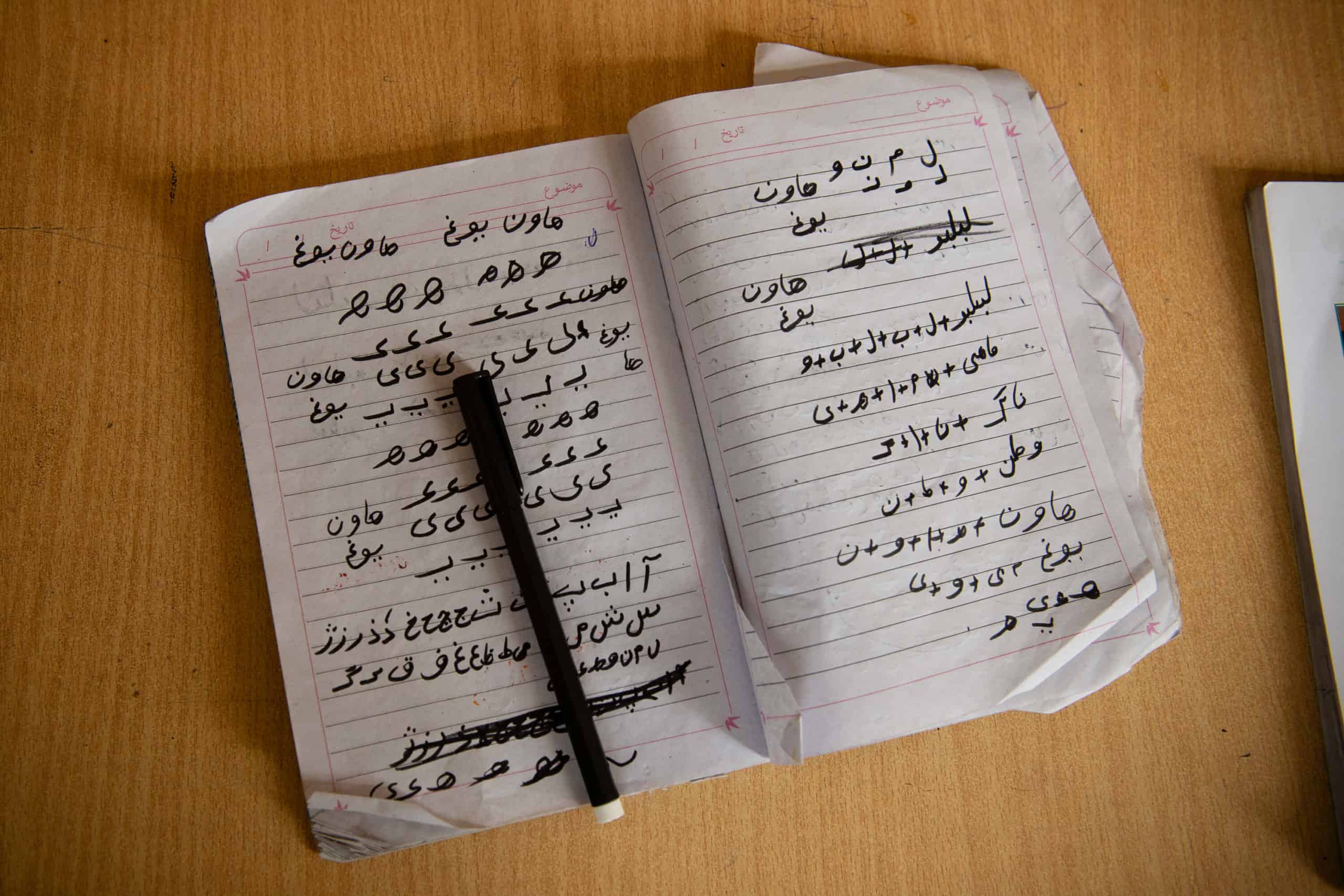The Community and its Challenges
A small community nestled in the western part of Bamyan Province in Afghanistan is home to 1,800 families. This rural area, located 11 kilometres from the city centre, primarily relies on agriculture and livestock for livelihood. Within the community stands two schools: one for girls and one for boys. The large girls’ school, serving over 553 students, has recently embarked on a journey of transformative education through its work with the Aga Khan Foundation and Schools2030.
Meet Aqa Hussain: An Experienced Teacher with a New Perspective
Aqa Hussain, a 31-year-old mathematics graduate from the local university, has dedicated a decade of his life to teaching science at the high school. His extensive experience led him initially to resist the approach introduced by Schools2030. “I have 10 years of teaching experience – I know the teaching hours are short and the school needs to be equipped very well,” he argued, reflecting the challenges of teaching in an environment with limited resources. His concerns were rooted in the lack of proper teaching materials, which he believed were crucial for effective learning.
When Schools2030 introduced its Human-Centred Design (HCD) approach to the school, Aqa was sceptical. He believed that the issues they faced – such as inadequate infrastructure and insufficient salaries for teacher – were beyond his control and that change would be difficult. “Our school’s problems are not the responsibility of the teachers to think about and find solutions,” he remarked, highlighting the frustration among educators in similar circumstances.

Embracing Human-Centred Design
Despite his reservations, Aqa took part in Schools2030’s Three-Step model – Assess, Innovate, Showcase. Through the various phases, he and his team were encouraged to take a closer look at the school’s situation. The process allowed them to identify its strengths and weaknesses and explore how to improve teaching and learning quality. They began to trial various initiatives developed to respond to their unique challenges, including increasing the involvement of students in creating low-cost/no-cost models and resources, and developing more opportunities for practical, hands-on learning and group activities.
As Aqa began tracking the progress of his students, he noticed significant improvements. Students began to feel actively involved in the lessons, increasing their interest and enthusiasm for learning. They started to participate more enthusiastically in class activities, such as creating learning resources and models and in group activities, leading to an increase in confidence, creativity, and teamwork. Moreover, the rate of student absenteeism has significantly decreased compared to previous years.

Impact Beyond the Classroom
The positive changes at the school did not go unnoticed by the parents and the wider community. This shift in teaching methodology not only improved student outcomes but also built stronger connections between the school and the community. The parents could see the tangible benefits of the programme, which emphasised low-cost, no-cost materials, inclusivity, and a more student-centred approach. These strategies, though initially met with scepticism, are proving to be highly effective in enhancing the experience of both teachers and students in the school.
“Since the Schools2030 project was implemented in our school, the quality of our children’s learning significantly changed. Younger students are performing better than older ones, and it is because the teachers’ methods have changed – they now give more opportunities for students to actively participate in their learning.”
Parent
The Key to Sustainable Change

The journey to change was not without its challenges. Aqa’s initial resistance reflected a broader hesitation among educators to embrace new methods that deviated from traditional practices. However, the success of the Schools2030 approach at the school demonstrates the importance of giving educators the tools and freedom to innovate within their own classrooms.
“The beginning of any work has challenges, and people don’t accept change easily. A good approach is to allow and provide opportunities for people to deal with challenges, and if they get a good result, they will change, and the change will be sustainable.”
Aqa Hussain, Science Teacher
A New Vision for Education in Bamyan
Aqa’s transformation from a sceptical teacher to a champion of the Schools2030 approach exemplifies the potential for innovation in even the most challenging environments. Through the Human-Centred Design process, he discovered that effective teaching goes beyond infrastructure and material resources; it lies in the commitment of teachers to adapt, innovate, and inspire. “Good and effective teaching does not necessarily depend on a good salary or standard building, but rather it depends on the motivations and perseverance of teachers to have an open mind and be ready for change,” Aqa reflected.
The story of this school shows that when communities come together to tackle their shared challenges, they can uncover amazing opportunities for change that can benefit the community for generations to come, a testament to the power of community-driven educational reform. As Schools2030 continues to support educators like Aqa, it holds the promise of bringing lasting, meaningful change to schools across Afghanistan and beyond.
Learn more about the work being done by Schools2030 Afghanistan.
